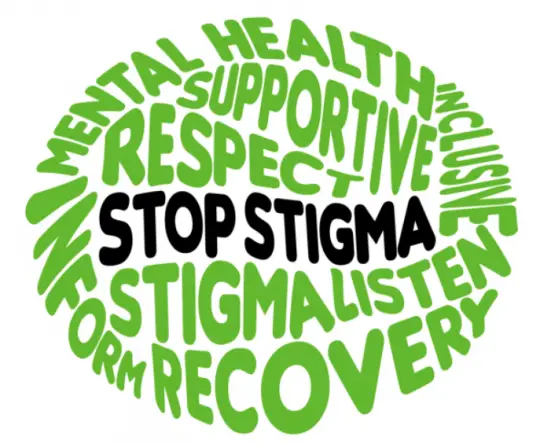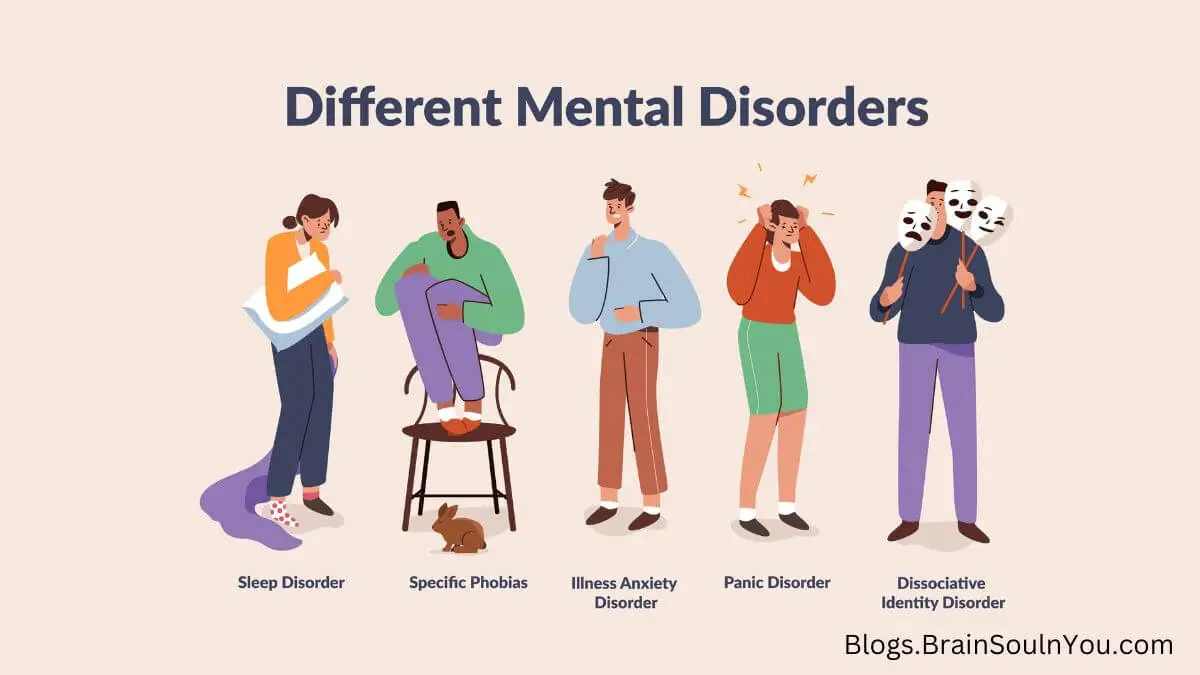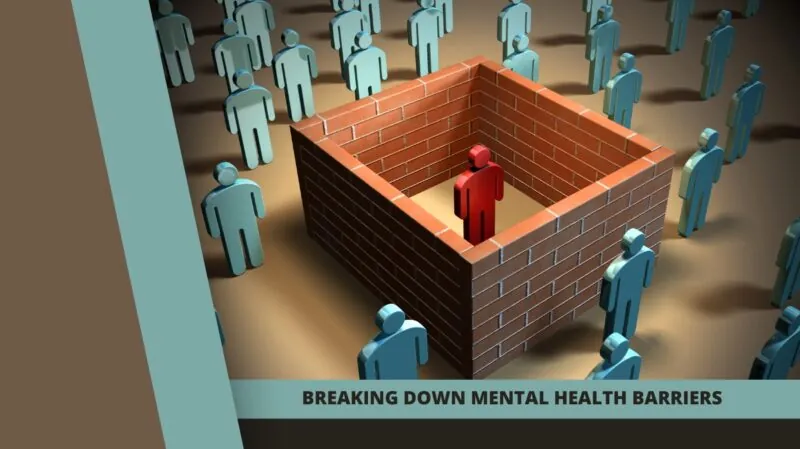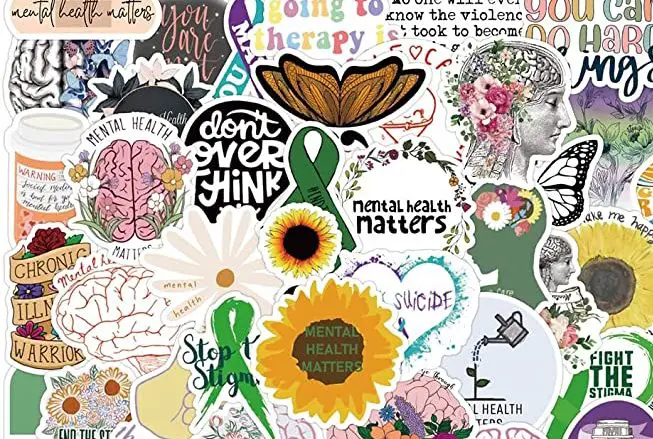Nurturing the Mind: A Comprehensive Exploration of Mental Health
Introduction:
In the intricate tapestry of human well-being, mental health emerges as a fundamental thread that weaves through the fabric of our lives. The realm of mental health encompasses the intricate interplay of thoughts, emotions, and behaviors, influencing how individuals navigate the challenges and triumphs of their existence. In this comprehensive exploration, we delve into the multifaceted dimensions of mental health, from the intricacies of mental well-being to the challenges that persist in fostering a society that prioritizes and nurtures the mind.
Defining Mental Health:
Mental health is not merely the absence of mental disorders but a holistic state of well-being that allows individuals to realize their potential, cope with life’s challenges, work productively, and contribute meaningfully to their communities. It encompasses emotional, psychological, and social well-being, shaping how we perceive ourselves, relate to others, and handle the demands of life.
The Spectrum of Mental Well-Being:
The spectrum of mental well-being is vast and diverse, ranging from flourishing mental health to various forms of mental illness. At one end, individuals experience optimal mental health, characterized by resilience, self-fulfillment, and a positive outlook on life. On the other end, mental illnesses can manifest in myriad forms, including anxiety disorders, depression, schizophrenia, and more.
Understanding mental health as a continuum rather than a binary state allows for a nuanced exploration of the factors that contribute to a flourishing mind or give rise to mental health challenges. It invites a more compassionate and inclusive approach to mental health discussions, recognizing the unique journeys and experiences of individuals.
The Pillars of Mental Well-Being:
Several interconnected factors contribute to the foundation of mental well-being. These pillars are crucial for fostering a resilient and flourishing mind:
- Social Connections:
- Meaningful relationships and a sense of belonging contribute significantly to mental health. Social connections provide support during challenging times, reduce feelings of isolation, and foster a sense of community.
- Emotional Regulation:
- The ability to recognize, understand, and regulate emotions is essential for mental well-being. Emotional intelligence enables individuals to navigate the complexities of their feelings and respond to stressors with resilience.
- Purpose and Meaning:
- Having a sense of purpose and meaning in life contributes to a positive mental outlook. Engaging in activities that align with one’s values and goals fosters a sense of fulfillment and satisfaction.
- Physical Well-Being:
- The connection between physical and mental health is profound. Regular exercise, a balanced diet, and sufficient sleep play crucial roles in maintaining optimal mental well-being.
- Resilience and Coping Skills:
- Resilience is the ability to bounce back from adversity. Developing effective coping skills and a resilient mindset enhances an individual’s capacity to navigate life’s challenges without compromising mental health.
- Self-Esteem and Self-Acceptance:
- A positive self-image and self-acceptance are foundational to mental well-being. Cultivating self-esteem contributes to a healthier relationship with oneself and others.
Stigma Surrounding Mental Health:
Despite the increasing awareness of mental health issues, stigma remains a significant barrier to open conversations and seeking help. Stigmatizing attitudes perpetuate misconceptions, discrimination, and a reluctance to address mental health challenges openly. Overcoming mental health stigma requires concerted efforts to foster empathy, education, and a shift in societal attitudes toward mental health.
Mental Health Across the Lifespan:
The dynamics of mental healt evolve across different stages of life, from childhood to old age. Early intervention and support in childhood can significantly impact mental healt outcomes later in life. Adolescence is a critical period marked by increased vulnerability to mental healt challenges, emphasizing the importance of mental healt education and accessible resources for young individuals.
In adulthood, the balancing act of career, relationships, and personal growth underscores the need for ongoing mental healt awareness and self-care. The challenges and transitions of later life, including retirement and potential health issues, emphasize the importance of continued mental healt support for older individuals.
Mental Health Disorders:
While mental healt exists on a spectrum, mental healt disorders represent conditions that significantly impact an individual’s thoughts, feelings, and behaviors. These disorders, ranging from anxiety and depression to more severe conditions like bipolar disorder and schizophrenia, require specialized care and attention.
Understanding mental healt disorders involves dispelling myths and misconceptions, promoting accurate information, and fostering empathy toward individuals grappling with these challenges. Effective mental healt treatment often combines psychotherapy, medication, and holistic approaches tailored to an individual’s unique needs.
The Impact of Environmental Factors:
Environmental factors play a pivotal role in shaping mental healt outcomes. Socioeconomic disparities, access to quality healthcare, educational opportunities, and exposure to trauma or adversity significantly influence mental well-being. Addressing mental healt on a societal level requires comprehensive strategies that tackle these broader determinants, creating a supportive environment for individuals to thrive.
The Role of Culture and Diversity:
Culture and diversity contribute to the nuanced expression of mental healt. Cultural attitudes toward menta health, the availability of culturally competent mental healt services, and the impact of systemic factors on marginalized communities are essential considerations. Embracing a culturally sensitive approach to mental healt ensures that interventions are inclusive and resonate with diverse perspectives.
Mental Health in the Workplace:
The workplace, with its unique stressors and dynamics, has a profound impact on mental healt. Employers and organizations play a crucial role in fostering a mentally healthy workplace by implementing supportive policies, reducing stigma, and providing resources for employee well-being. Prioritizing mental healt in the workplace not only enhances employee satisfaction but also contributes to overall organizational success.
The Global Mental Health Landscape:
Mental health is a global concern that transcends geographical boundaries. The World Health Organization (WHO) recognizes the global impact of mental healt disorders and advocates for increased awareness, resources, and policies to address mental healt on an international scale. Global initiatives strive to destigmatize mental heal, enhance access to mental healt services, and promote mental well-being as a fundamental human right.
The Intersection of Mental Health and Technology:
Technology, with its ever-expanding reach, has introduced innovative avenues for mental healt support. Mental healt apps, teletherapy platforms, and online resources offer convenient and accessible tools for individuals seeking information, guidance, or professional support. While technology can enhance mental healt care, ethical considerations, data privacy, and the digital divide must be carefully navigated.
Barriers to Mental Health Care:
Despite advancements in mental healt awareness, barriers to accessing mental healt care persist. These barriers include limited access to affordable mental healt services, a shortage of mental healt professionals, social stigma, and disparities in mental healt care delivery. Addressing these barriers requires a comprehensive and integrated approach involving policymakers, healthcare providers, and communities.
The Impact of COVID-19 on Mental Health:
The COVID-19 pandemic has intensified the spotlight on mental healt, with widespread implications for individuals globally. The pandemic’s effects, including social isolation, economic uncertainties, and the fear of illness, have contributed to increased rates of anxiety, depression, and other mental healt challenges. The importance of robust mental healt support systems has never been more evident as societies grapple with the aftermath of the pandemic.




